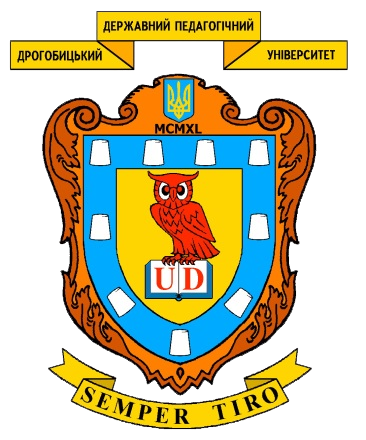SIMILE PECULIARITIES IN THE UKRAINIAN TRANSLATION OF THE NOVEL «GONE GIRL» BY GILLIAN FLYNN
DOI:
https://doi.org/10.24919/2411-4758.2022.242448Keywords:
literary translation, stylistic means, translation strategies, interpretations.Abstract
Scientifi c article gives an understanding of the essence of literary translation. The article is aimed at defi ning strategies used by translators in translating similes from English into Ukrainian in the novel «Gone Girl» by Gilian Flynn and clarifying problems that may arise in translating similes with Ukrainian. To collect the relevant data, all the original text of the novel «Gone Girl» was read to the end, and fi nally examples of similes were removed from it. Simile is one of the fi gures of speech that can be found in any literary text. It makes the language of the text expressive, vivid and alive. It may be diffi cult for an interpreter to translate this element because different languages have different worldviews and interpretations of similes. For an interpreter, translating such a stylistic tool can be quite diffi cult, as different languages have different worldviews and interpretations of similes. There are six different strategies that can be applied to translate the similes. The strategies are: literal translation; replacement of the image with another image; reduction of the simile to its sense; retention of the same image plus explicitation of similarity feature(s); omission of the simile. The fi ndings of the study show that the translator used all six strategies to translate similes in Ukrainian. In selecting appropriate strategies, translators should take into account such factors as the context of use, connotations and rhetoric and style. This study can help translators and students better understand the stylistic means of the language and the diffi culties they can cause while translating, especially in literary text.
References
Альбота, С. М. (2021). Мовні особливості інтернет-комунікації під час пандемії. Проблеми гуманітарних наук: збірник наукових праць Дрогобицького державного педагогічного університету імені Івана Франка. Серія «Філологія» 45, 11 – 18. Дрогобич : Ред.-вид. відділ ДДПУ імені Івана Франка.
Арутюнова, Н. Д. (1988). Типы языковых значений: Оценка. Событие. Факт : монография. Москва : Наука.
Арутюнова, Н. Д. (1999). Язык и мир человека: монография. Москва : Языки русской культуры.
Ахманова, О. С. (2004). Словарь лингвистических терминов. Москва : Едиториал УРСС.
Брандес, М. П. (2004). Стилистика текста. Теоретический курс : учебник. Москва : Прогресс – Традиция : ИНФА.
Вежбицкая, А. (1996). Язык. Культура. Познание : учебник. Москва : Русские словари.
Вольф, Е. М. (2009). Функциональная семантика оценки. Москва : Едиториал УРСС.
Гак, В. Г. (1995). Эмоции и оценки в структуре высказывания текста. Вестник МГУ, 124 – 136.
Дацько, Ю. М. (1991). Лексичні засоби вираження негативної оцінки в англійському соціально утопічному романі. Іноземна філологія, 38 – 43. Львів : Cвіт.
Флінн, Гіліян. (2017). Загублена / пер. з англ. Н. Гайдай. [Lost]. Київ : КМ – БУКС. Discursive and metaphorical features of the «BREXIT» concept (2021). Науковий вісник Міжнародного гуманітарного університету. Серія: Філологія, 1, 48, 59 – 62. Одеса.
Gillian Flynn. Gone Girl. Broadway Books. (2014).








